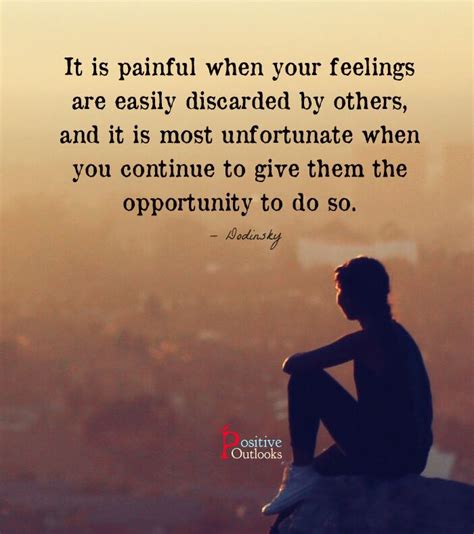Disregarding How I Feel: A Necessary Step Back
Sometimes, prioritizing our feelings above all else can be detrimental. Learning to take a step back and disregard how we feel, at least temporarily, is a crucial skill for personal growth and achieving our goals. This isn't about suppressing emotions or becoming emotionally numb; it's about recognizing when emotional reactivity hinders progress and choosing a more strategic approach. This article explores the importance of this seemingly counterintuitive strategy and provides practical steps to help you master it.
Why Disregarding Feelings Can Be Beneficial
It might seem paradoxical, but detaching from immediate emotional responses can lead to better decision-making and overall well-being. Our feelings, while valid, are not always reliable guides for action. They're often reactive, based on past experiences, biases, and immediate sensations. Acting solely on feelings can lead to impulsive decisions we later regret.
For example, feeling overwhelmed by a large project might tempt you to procrastinate or avoid it altogether. Disregarding that initial feeling of overwhelm, and instead focusing on breaking the project into smaller, manageable tasks, allows for progress and ultimately reduces stress.
Similarly, feeling anxious about a social interaction might cause you to withdraw. By choosing to engage despite the anxiety, you might discover a rewarding connection and build confidence. This isn't about ignoring your feelings completely, but about acknowledging them and choosing a different course of action.
How to Take a Necessary Step Back
The key is to develop a mindful approach to emotional regulation. It's about separating the feeling from the action. Here's how:
1. Acknowledge Your Feelings
Before you disregard them, acknowledge your feelings. Name them. Understanding what you're feeling—fear, anger, sadness, etc.—is the first step to gaining control over your emotional response. Simply saying, "I feel anxious right now," can help create distance between the feeling and your actions.
2. Identify the Source
Why are you feeling this way? Pinpointing the root cause of your emotion is crucial for developing a more effective response. Is it a fear of failure? A past trauma triggering a reaction? Understanding the source helps you address the underlying issue rather than just the immediate feeling.
3. Reframe Your Perspective
Often, our negative emotions are based on distorted thinking. Challenge those thoughts. Is your fear realistic? Is your anger justified? Reframing your perspective can help you see the situation more objectively and make more rational decisions.
4. Focus on the Task at Hand
Shift your attention from your feelings to the task you need to accomplish. Break it down into smaller steps and concentrate on completing one step at a time. This helps you avoid getting bogged down by your emotions.
5. Practice Self-Compassion
This is crucial. It's okay to struggle with your feelings. Be kind to yourself throughout the process. Remember that learning to manage your emotions is a journey, not a destination.
When to Seek Professional Help
Learning to manage emotions is a valuable skill, but sometimes professional guidance is necessary. If you consistently struggle with managing your emotions or if your emotional responses significantly impair your daily life, seeking help from a therapist or counselor is a wise decision. They can provide tools and strategies tailored to your specific needs.
Conclusion: The Power of Strategic Detachment
Disregarding how you feel isn’t about suppressing emotions, but about strategically managing them. It's about recognizing when emotional reactivity hinders progress and consciously choosing a different, more effective approach. By practicing the techniques outlined above, you can cultivate a more balanced relationship with your feelings, leading to increased resilience, better decision-making, and overall well-being. Remember that self-awareness and self-compassion are key components of this journey.

